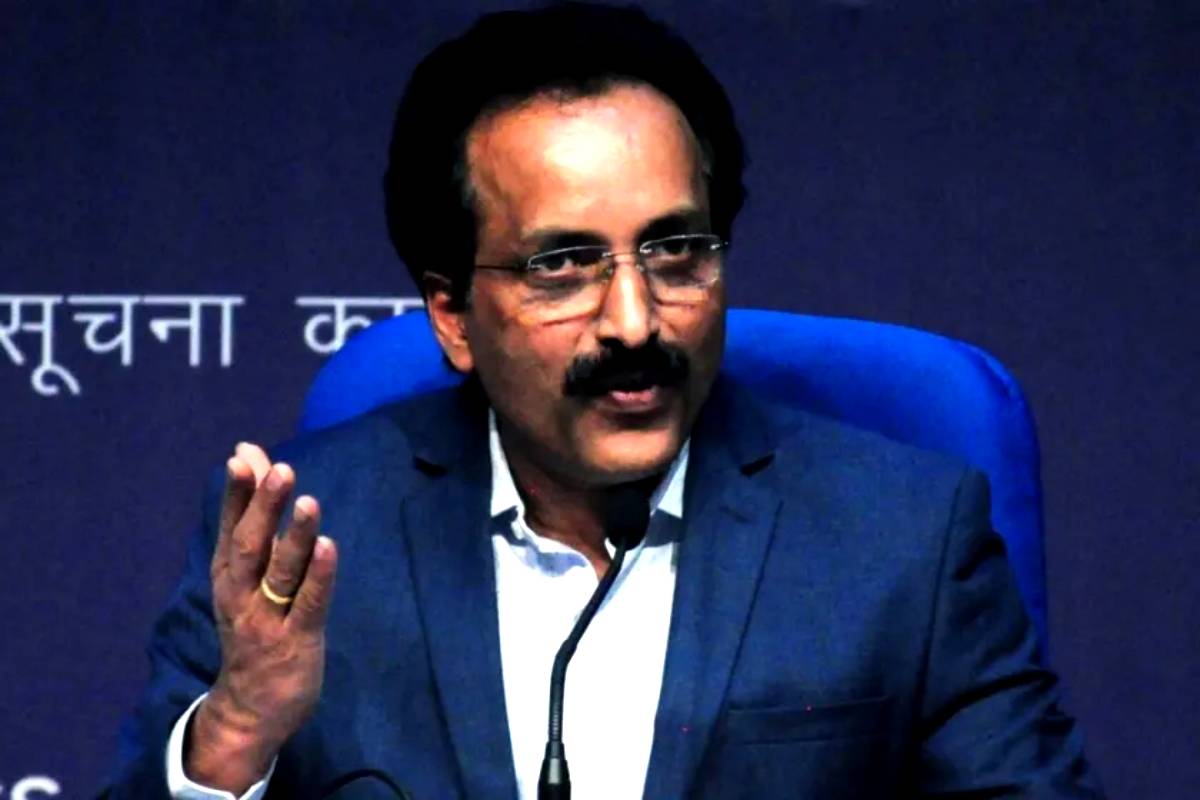NEW DELHI: In a bold move towards enhancing national security and strengthening its geo-intelligence capabilities, the Indian Space Research Organisation (ISRO) has unveiled plans to launch 50 satellites over the next five years.
ISRO Chief S Somanath revealed the initiative during a speech at ‘Techfest,’ emphasising the need for a satellite fleet ten times the current size to realise India’s aspirations.
India is aiming to launch 50 satellites in the next five years for geo-intelligence gathering: ISRO Chief https://t.co/TpJcAK7NEX pic.twitter.com/aixV7dC46t
— Indian Defence Forum (@defenceforum) December 29, 2023
Somanath stressed the importance of bolstering the nation’s ability to monitor and respond to threats effectively. The proposed satellite constellation, operating in different orbits, aims to track troop movements and capture images of vast areas, significantly expanding India’s surveillance capabilities.
READ MORE: AQI reaches ‘severe’ levels, Delhi enforces GRAP-III
He highlighted the critical role of advanced technologies such as artificial intelligence (AI) and data-driven approaches in satellite operations.
Improving the satellites’ ability to detect changes autonomously would reduce data downloads, allowing for more efficient analysis and the retrieval of essential information.
The geo-intelligence initiative involves deploying satellites across various orbits, from geostationary equatorial orbit (GEO) to lower earth orbit (LEO) and even very low earth orbit (VLEO).
This layered approach enables comprehensive coverage and swift response to emerging situations, with satellites communicating to optimise data collection.
Somanath explained the potential of the satellite network to observe borders and neighbouring regions, providing India with a strategic advantage.
READ MORE: RGCB opens BSL-3 labs to promote research on life-threatening diseases
By configuring 50 new satellites for launch, ISRO aims to significantly enhance its geo-intelligence capabilities, mitigating threats more effectively.
The ISRO chief emphasised the interconnectedness of the satellite network, enabling seamless communication between satellites in different orbits.
This enables a more comprehensive assessment of situations detected by satellites in higher orbits, allowing for precise scrutiny by satellites in lower orbits.
The ISRO chief highlighted that India needs more satellites, as the existing fleet of 54 is not sufficient for the country’s ambitions of strength and power.

